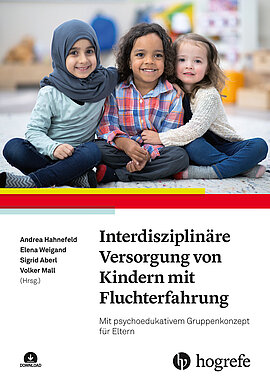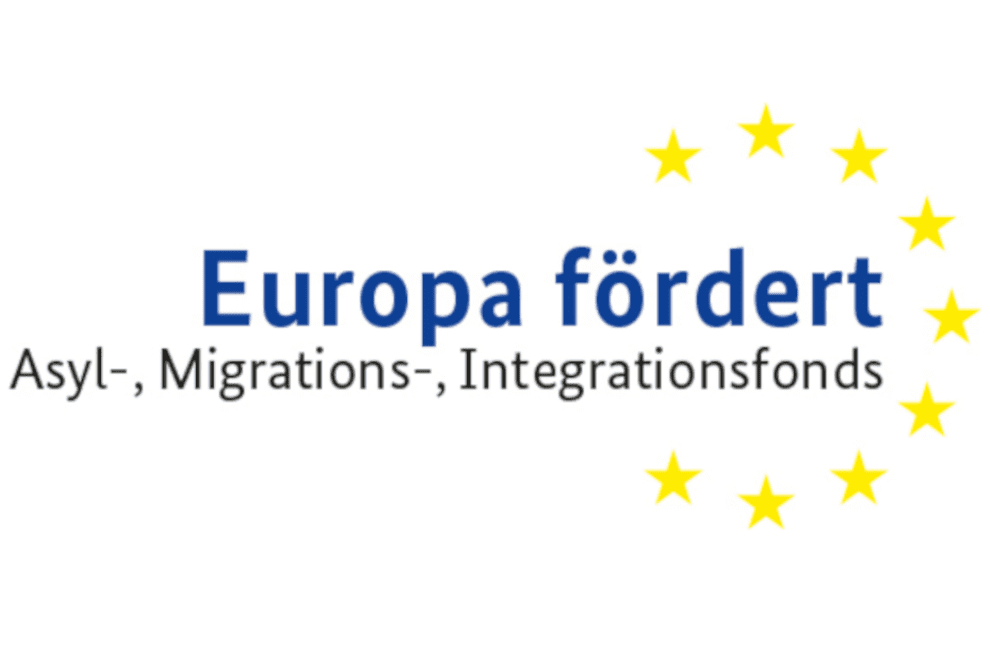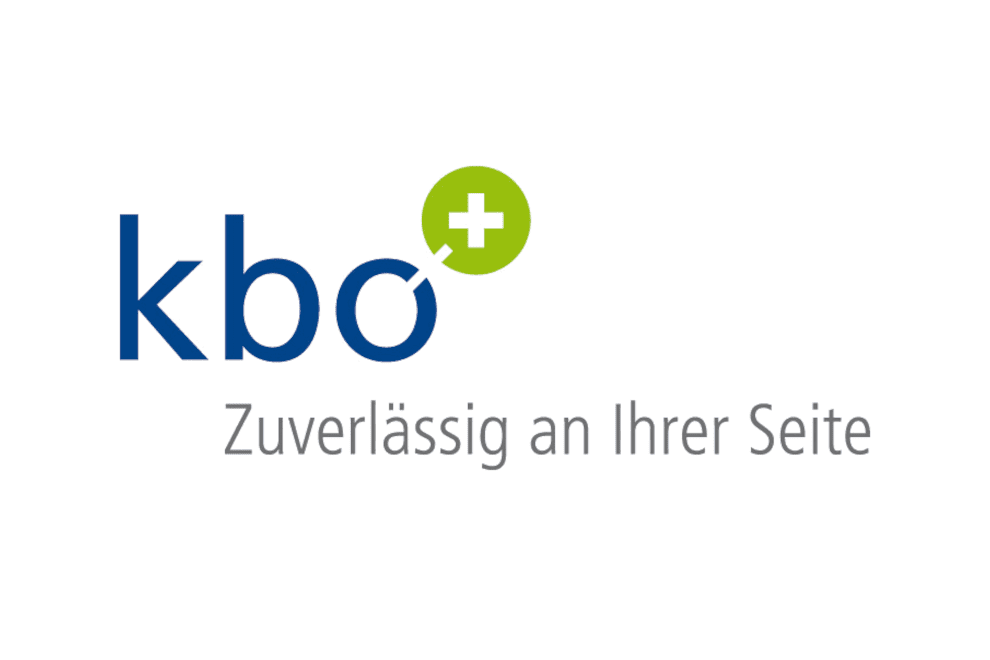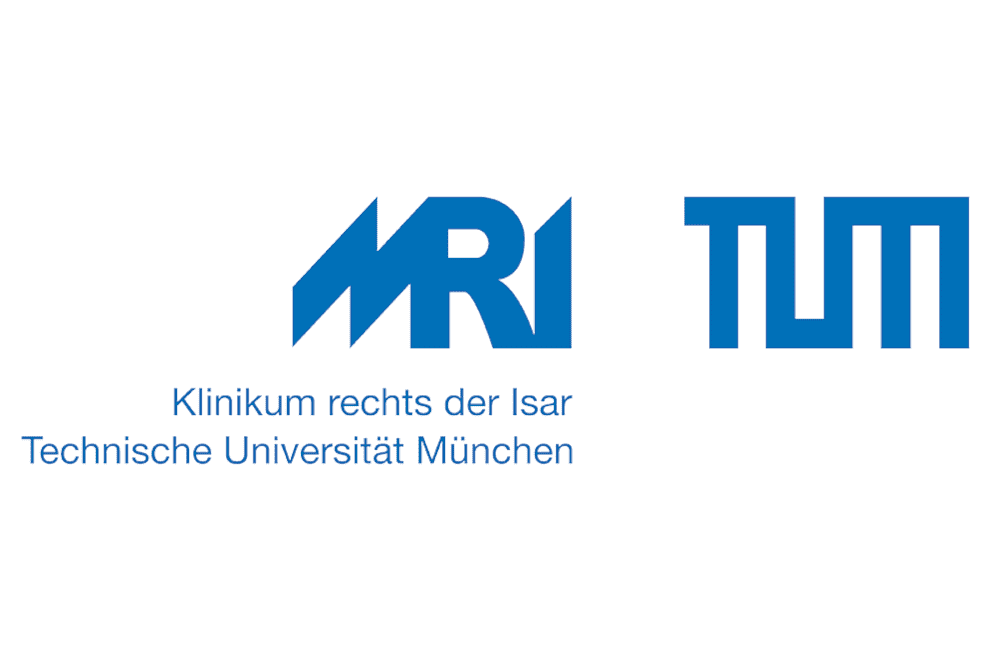INterCuLtUral Child DevelopmEnt (INCLUDE): Culturally and Trauma-Sensitive Care for Children from Refugee Families
Adverse childhood experiences often have serious consequences for well-being and health status into adulthood. Even young children can be affected by trauma-related disorders. In regard to the care of our young patients this is highly relevant, as families with refugee backgrounds represent a vulnerable group of patients who are increasingly seeking help within our healthcare system.
Currently, nearly 3 million people seeking protection live in Germany, with approximately a quarter of asylum applications in recent years being submitted for children up to six years old.1

Since 2016, our project group has been offering the Interdisciplinary Consultation for Children with Refugee Experience (ISKF), which is funded by the Bavarian Ministry of the Interior. This service provides early and low-threshold diagnostic and therapeutic care for children and adolescents from refugee families directly on-site in the accommodations (camps of the Ankerzentrum Manching). Since November 2020, ISKF has been able to expand with EU funding (AMIF fund) to include a culturally and trauma-sensitive component in the educational services for children and low-threshold psychoeducation groups for parents (AM19-BY5232, 9168-2022-0193). The standardized overall concept has been published by Hogrefe Verlag (Kinder mit Fluchterfahrung optimal versorgen | Hogrefe) and is available as a book.
The psychoeducational parent groups "Parents' College" are currently being held continuously in various accommodation centers in Munich.
In accompanying studies to our clinical care, our research group has shown that the participating 3- to 6-year-old children with refugee experience not only exhibit high rates of trauma-related disorders2 and behavioral problems in care settings ,3,4 but also show significant developmental delays in school readiness skills. 5 Additionally, the parents themselves often suffer from trauma-related disorders, 4,5 which makes it even more difficult to recognize and deal with the symptoms and behavioral problems of the children and can contribute to the chronification of the symptoms and further deprivation of the children.
The goal of our culturally and trauma-sensitive approach is therefore to address not only the children shortly after their arrival in Germany but also to integrate the parents and care environment into the treatment concept as an ecosystemic approach.
Additionally, we are working on adapting and designing diagnostic, assessment, and therapy methods in a universal and cross-cultural way. One of our studies has shown that a standardized play observation can serve as an easily implementable and valid instrument for assessing the cognitive, linguistic, and socio-emotional development of children. 6
The accompanying scientific evaluation includes longitudinal and cross-sectional surveys regarding the effects of the implemented measures on overall child development (cognitive and socio-emotional development, learning behavior, biological stress level). We expect that this will help identify effective factors for creating more developmentally supportive conditions in reception centers. In the long term, timely interventions can prevent subsequent problems and facilitate the integration of refugee children.
- Bundesamt für Migration und Flüchtlinge. Aktuelle Zahlen. Bundesamt für Migration und Flüchtlinge. (Das Bundesamt in Zahlen 2022 Asyl, Migration und Integration (bamf.de)). Zugegriffen: 29.02.2024.
- Soykök, S., Mall, V., Nehring, I., Henningsen, P. & Aberl, S. (2017). Post-traumatic stress disorder in Syrian children of a German refugee camp. The lancet 389 (4). 903-904.
- Bernhardt, K., Le Beherec, S., Uppendahl, J. R., Fleischmann, M., Klosinski, M., Rivera, L. M., Samaras, G., Kenney, M., Müller, R., Nehring, I., Mall, V., & Hahnefeld, A. (2024). Young Children’s Psychological and Developmental Trajectories after Forced Displacement: A Systematic Review. European Child & Adolescent Psychiatry.
- Hahnefeld, A., Sukale, T., Weigand, E., Münch, K., Aberl, S., Eckler, L. V., Schmidt, D., Friedmann, A., Plener, P. L., Fegert, J. M., & Mall, V. (2021). Survival states as indicators of learning performance and biological stress in refugee children: a cross-sectional study with a comparison group. BMC psychiatry, 21(1), 228. https://doi.org/10.1186/s12888-021-03233-y
- Hahnefeld, A., Sukale, T., Weigand, E., Dudek, V., Münch, K., Aberl, S., Eckler, L. V., Nehring, I., Friedmann, A., Plener, P. L., Fegert, J. M., & Mall, V. (2022). Non-verbal cognitive development, learning, and symptoms of PTSD in 3- to 6-year-old refugee children. European journal of pediatrics, 181(3), 1205–1212. https://doi.org/10.1007/s00431-021-04312-8
- Bernhardt, K., Le Beherec, S., Uppendahl, J., Baur, M.-A., Klosinski, M., Mall, V. & Hahnefeld, A. (2023). Exploring Mental Health and Development in Refugee Children Through Systematic Play Assessment. Child Psychiatry & Human Development.
- https://doi.org/10.1007/s10578-023-01584-z
Cooperations:
- TUM, Chair for psychosomatic medicine and psychotherapy (Prof. Dr. Henningsen, Sigrid Aberl)
- University Hospital Ulm (Child- and adolescent-psychiatry/psychotherapie, Prof. Dr. J. Fegert, T. Sukale)
- Max-Planck-Institut for Psychiatry, Munich (Prof. Dr. E. Binder): Epigenetics
- Children’s Centre Odesa, Ukraine (Dr. med. Veronika Mykhaylenko, Evgenia Ubiria)
Team: Saskia Le Beherec, Berfin Demirkol, Verena Dudek, Lea Eckler, Monika Fink, Marco Gaßner, Elena Hauber, Klara Karali, Matthias Klosinski, Ana Mihaljevic, Katharina Münch, Franziska Negele, Lena Streckert, Penelope Thomas, Elena Weigand,
Coordination and contact: Dr. rer. nat. Andrea Hahnefeld
Psychotherapist (cognit. behav. therapy) with special training trauma-therapy for children and adolescents (DeGPT)
Tel.: 089 71009 1931
Email: andrea.hahnefeld(at)kbo.de; iskf(at)mri.tum.de




